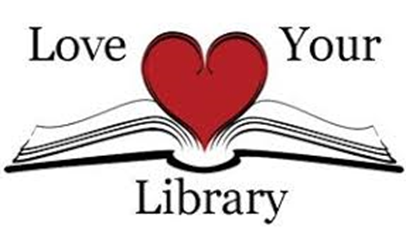By Jillian Viljoen
Anthropology is a fascinating subject. The idea that you can understand past civilizations by examining bones that are fossilized and have been buried for many years is amazing. You can even gauge physical characteristics from a single bone. Unearthing mass graves is long and hard work but anthropologists all over the world have discovered so many links to ancient worlds that we have never even thought or heard of.
One particular book written by an anthropologist was a captivating read. “The bone woman: among the dead in Rwanda, Bosnia, Croatia and Kosovo” is a candid and riveting narrative by Clea Koff on her experiences as a forensic anthropologist working to get justice for the many people who fell prey to genocide by dictators in war-torn countries like Rwanda, Bosnia, Croatia and Kosovo. She journeyed to each of these countries, on behalf of the United Nations, with a team of forensic anthropologists to excavate various sites where millions of skeletons were discovered and the painstaking process took place to reassemble the jumbled bones and to reunite these senselessly murdered individuals with their families.
The way these individuals were murdered, their ages, gender, and clothing that were found, were all investigated and these reports were given to the United Nations where international committees deliberated and prosecuted dictators based on the evidence found. Every life is precious and deserves justice.
Clea’s candor is refreshing as she takes you on a journey of her life from her decision to become a forensic anthropologist, to being approached by the United Nations to assist in their quest to investigate genocides, to the digs and findings, and the results of her efforts. She graphically explains the perils that she faced on digs. She bravely faced imminent danger daily because she was driven by her passion for truth and justice. For her, being an anthropologist was not just a job but a labour of love.
With every experience that Clea relates, you feel like you are right there with her, cheering her on to keep going, to never give up. You rejoice in the highs and share her concerns in the lows. The roller coaster of her experiences and the satisfaction of helping to serve justice for the ones who cannot speak for themselves clearly showcases anthropology as a valuable career in the humanitarian field.
If you have ever
wondered what the value of anthropology is in the modern world, this book is
definitely worth the read. Being a factual book makes it more relatable. Clea
has a wonderful way of engaging the reader on every page, and at the end, you
truly see her as a hero and champion in her career.




